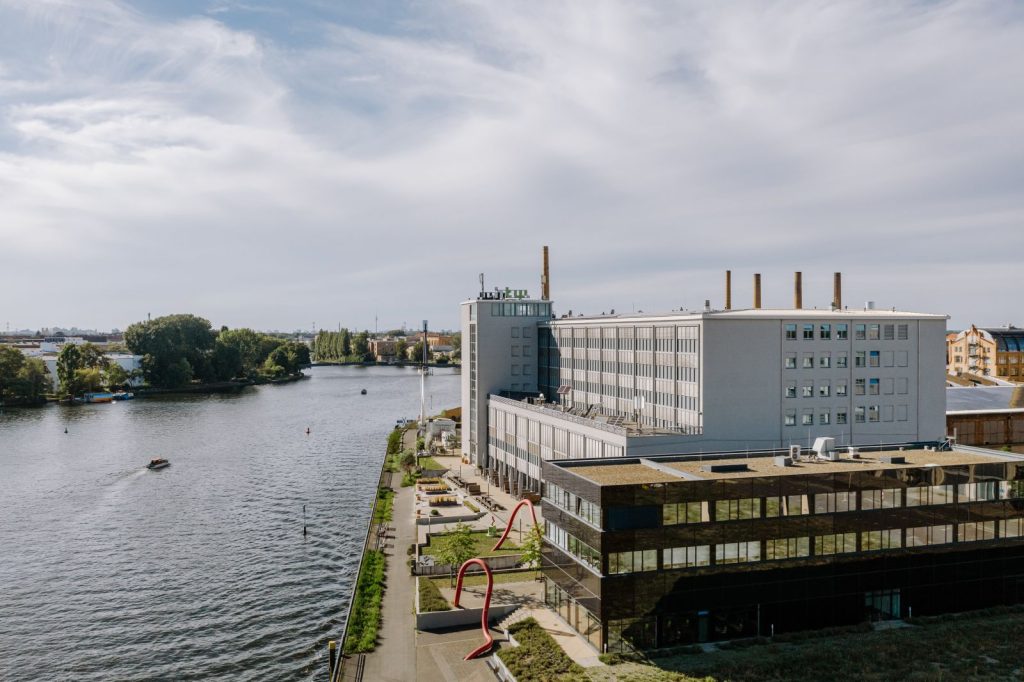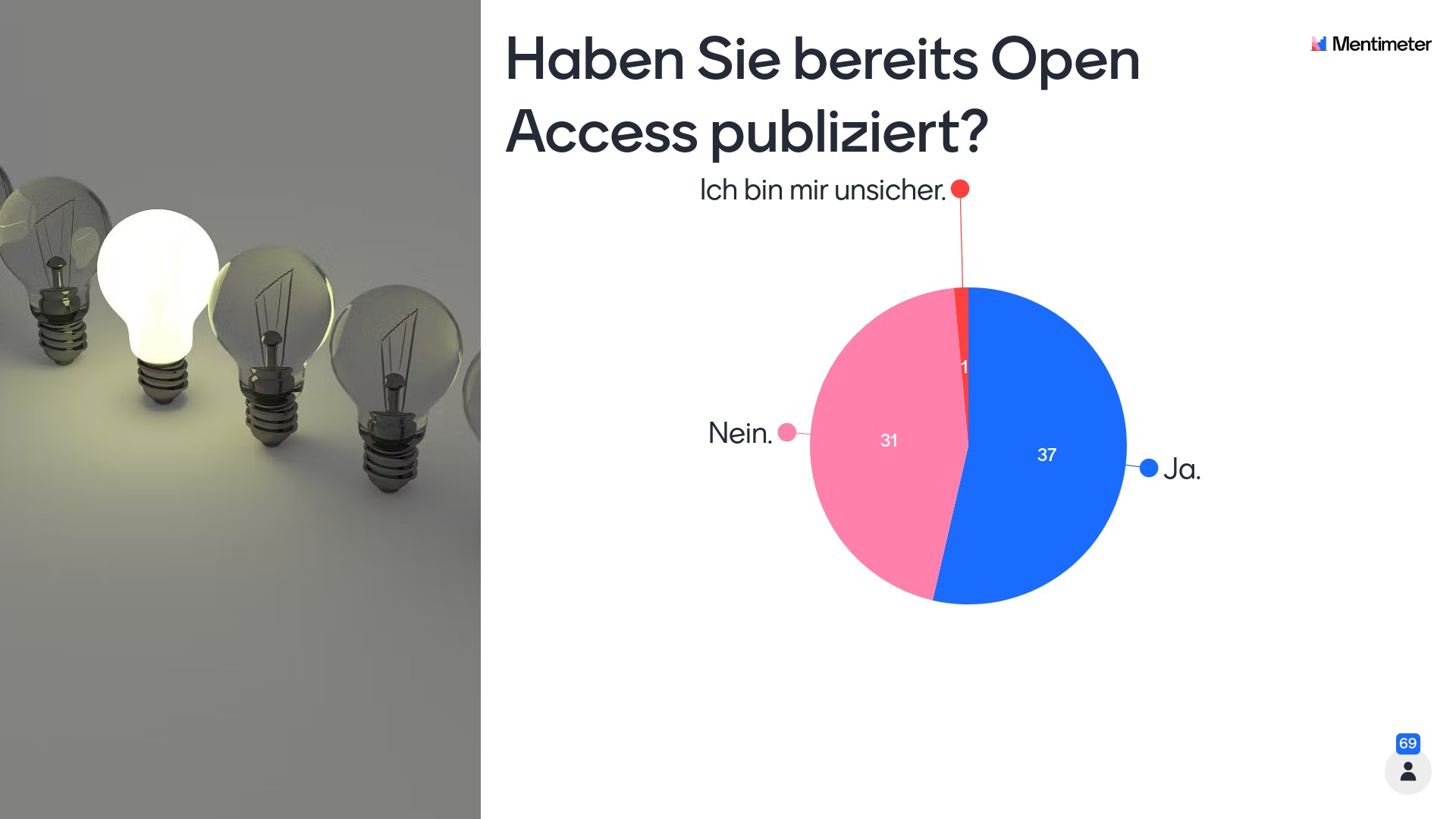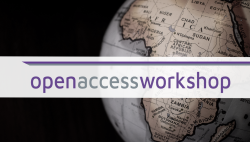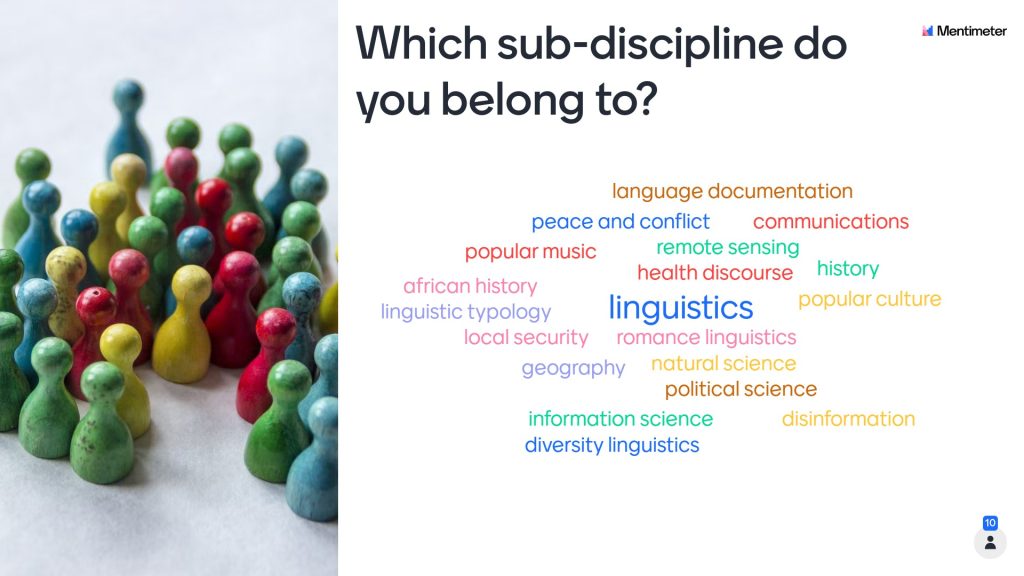Authors: Malte Dreyer, Martina Benz and Maike Neufend
Open Access is developing in an area of tension between institutional and funder policies, the economics of publishing and last but not least the communication practices of research disciplines. In a comparison across European countries, very dynamic and diverse approaches and developments can be observed. Furthermore, this international and comparative perspective helps us to assess the state of open access and open science in Germany. In this series of Open4DE project blog posts, we will summarize what we have learned in our in-depth conversations with experts on developing and implementing nationwide Open Access strategies.
From Open Access to Open Science: a European trend
Following the adoption of Open Access policies by numerous European countries in recent years, the trend is now towards the design of Open Science policies. Finland has already announced that it will publish an Open Science strategy in the near future, and France has already done so. Austria also attracted attention earlier this year, publishing a guiding paper that provides a roadmap for the implementation of Open Science in the coming years. Reason enough for us to take a closer look at how this paper came about and what the general state of Openness is in our neighboring country.
Our interview partner
We met Dr. Stefan Hanslik for a conversation about Open Science policy making in Austria. Stefan Hanslik is an expert on Open Access and Open Science at the Austrian Federal Ministry of Education, Science and Research (BMBWF) and acts as delegate in various scientific committees at European level. As Head of Unit for Technical Sciences, he is involved in the topics of data and research infrastructures. In addition, Stefan Hanslik has been active in the EOSC process since 2018: through this involvement he also came in touch with European initiatives on Open Science.
The European framework
The history of the development of Open Science and Open Access in Austria clearly demonstrates the importance of the European framework in which national research and publication infrastructures are situated. An example of this is the EOSC process, which initially started in Austria in 2016, among others in an informal group of representatives of universities and ministries. This group, the so-called EOSC-Café, that focused on coordination, information, reflection and consultation on European processes, allowed to find a common understanding of Open Science. The discussion of EOSC also led to the question of whether a national Open Science strategy was necessary and what it might look like. The Open Science topic finally received additional support during the Austrian EU Council Presidency in the second half of 2018, Stefan Hanslik informs us. „With the emerging discussions at EU level and the call for all member state countries to take Open Science-related measures, there was a willingness in Austria to become active. After all, no one wanted to risk infringement proceedings.” Finally, the commitment to the European Research Area was included in the principles of the current government, „a backbone for our Open Science activities, that was important tailwind.“ European measures have often a strong inward effect, one can sum up.
National factors
In addition to the activities of the EU, numerous national initiatives were also important for the development of Open Science in Austria: „The initiative originally came from institutions that had already called for more Open Science and Open Access activities in 2015 and 2016,“ Stefan Hanslik reveals. The Open Access Network Austria (OANA), consisting of representatives of Austrian universities, had already made a clear recommendation that Austria needed an Open Sccience strategy. In addition, in the process of European harmonisation in digitalisation, the Information Sharing Law was passed at government level. This initiative brought together several stakeholders, including the Wissenschaftsfond FWF. So why not continue working together right away? At this favorable moment, it seemed clear to all parties involved, that an initiative had to be taken in the field of Open Science. As is often the case, a policy process was also promoted by the favor of the hour.
Relevance of informal structures
The example of Austria illustrates very well what has already been made clear in the other contributions to this series: Policy processes are rarely driven by a single factor, but often by several stimuli. These can have a delayed effect and sometimes even partially contradict each other. The example of Austria shows that informal associations can play a key role in policy processes. For example, it was the EOSC Café, which was initially conceived as an informal grouping for the exchange of information on open science topics, in which ideas for the Austrian Open Access Policy were formulated. „Austria is not large and the university landscape is quite manageable“ states Stefan Hanslik. At the operational level, a particular challenge was to build consensus among the relevant ministries, the Federal Ministry for Education, Research and Science (BMBWF), the Federal Ministry for Digitalisation and Economic Location (Bundesministerium für Digitalisierung und Wirtschaftsstandort BMDW, until 2020) and the Federal Ministry for Climate Action, Environment, Energy, Mobility, Innovation and Technogy (BMK).
In this process, the EOSC Café, this informal group, attained the status of a very important working tool. Because there, we were able to elaborate ideas, involve all the important players little by little and prepare the adoption of the policy. That would have been very difficult without this group and would have taken much more time.
The launch of the EOSC in Vienna in 2018 marked a turning point for this group and finally led to its institutionalisation. Today there are more working tools than the EOSC Café: An EOSC wiki and a productive EOSC Support Office Austria as well as Open Science Austria. In the meantime, EOSC Café Austria invites guests, including from the European Commission or other European countries and sees itself as an open forum. „The EOSC Café has established itself and is used again and again to deal with questions around Open Science. It is an Austrian melting pot of Open Science-affine people and very dynamic as a group,“ Stefan Hanslik tells us.
As before, this group is open: anyone involved in Open Science can participate. Amongst others, the TU Vienna, the University of Vienna, the Academy of Fine Arts Vienna, the Natural History Museum Vienna and other institutions are involved.
The Austrian Strategy: Designable Framework, Supporting Measures
It was also with the help of this group, the EOSC-Café, that the Austrian Open Science Policy was initially created. This Policy serves as a framework helping individual institutions to develop their own strategies. „The policy may therefore seem a bit like a toothless tiger“, admits Stefan Hanslik, “but the intention was to first bring all stakeholders to the table under the umbrella of agreeable guidelines. At the same time, it was clear all along that we wanted to keep the policy open for more elaborate positions that individual institutions, such as universities, already have and can develop further.“
Additionally, this Open Science Strategy is flanked by numerous practical measures: Activities around Open Science are financed and supported, for example by a funding program to support the digital transformation, in which more than 50 million euros are spent on 5 large projects. Although this program expires in 2024, Stefan Hanslik said that follow-up programs are already being considered.
Researchers, libraries and research funders
However, even well-funded programs are of no help if researchers do not agree. As in other countries, many researchers in Austria are very committed by heart. But – from Stefan Hanslik’s point of view – even more interesting are those who are not yet sufficiently informed. „There is a strong need to catch up across all sectors in our country,“ he diagnoses the situation. „For example, I recently had a conversation with a quantum physicist who had more questions than answers and a large need for information. That’s when I’m glad that Open Science Austria (OSA) exists. They set themselves the goal of tackling this, and reaching out into the finest roots of the research world, across all disciplines.“
Equally important and differently developed are the libraries. „We involve them, but with varying degrees of success“ notes Stefan Hanslik. The situation is different when it comes to research funders. “Here, Austria’s benefit is that there are only two funding agencies: the Fond zur Förderung der wissenschaftlichen Forschung (FWF) and the Austrian Research Promotion Agency (FFG). Both are committed to research infrastructure programs.” Stefan Hanslik emphasizes that they have successfully put a lot of thought into PlanS and have thus helped to shape the Austrian policy process.
Challenges
But policy processes are never over, as Stefan Hanslik remarks: „Our policy lacks examples and concrete measures for almost all topics.“ Another well-known challenge in the area of Open Science is monitoring. Here, too, helpful initiatives already exist at European level, such as the EOSC Observatory Monitoring System. „We will feed this monitoring system with our data and create a Country Profile. This will also influence budget decisions, because we want to know to what extent what needs to be funded. But there’s often a question about how to quantify certain Open Science activities.“
What can we learn from Austria?
Austria and Germany are similar in many respects. Both countries have well-developed and very active open access and open science networks, a level of knowledge on openness that varies from discipline to discipline, and a federal system that can help shape decisions and policy processes in a participatory way. In addition to these similarities, however, Stefan Hanslik points to some clear differences between Austria and Germany: „I feel envious when I look at the research infrastructure and the research data infrastructure in Germany“ he admits. But he also sees that Germany has other scale dimensions to deal with. This makes it more difficult, especially in a federal system, to get stakeholders, responsible parties at EU and at governance level at the same table and to coordinate different interests. For the development of a federal policy process in Germany, he advises to take a close look at actors who have been able to implement successful policy models in Europe. „That way, you can learn from each other.“ Indeed, it was precisely this intention that motivated us to conduct this and other interviews. However, a preliminary evaluation of our interviews and a discussion with representatives of the federal and state governments of Germany led to the conclusion that no policy model of another country is transferable to the complex German situation. On the other hand, the international comparison offers inspiration and points to aspects that would otherwise have been ignored. Austria’s early adaptation of the Open Science idea and its integration with the European Union’s science policy can provide helpful and interesting hints here.





